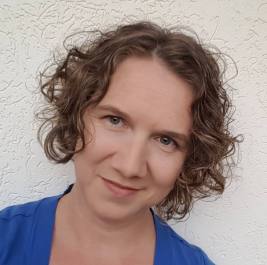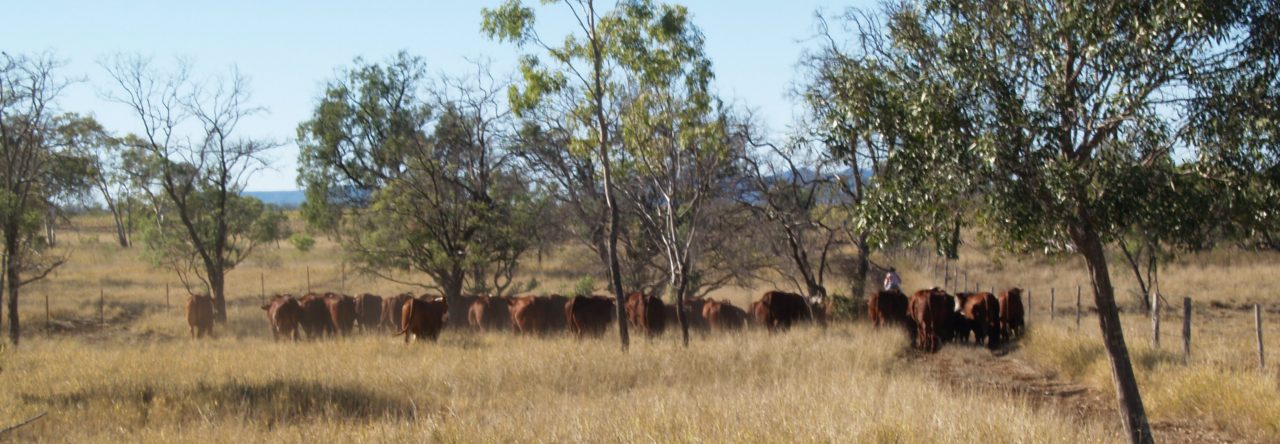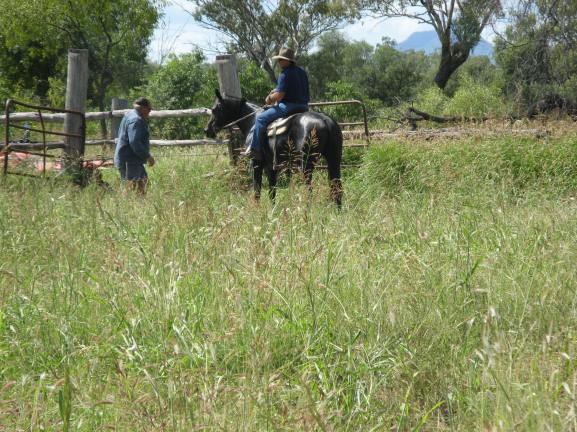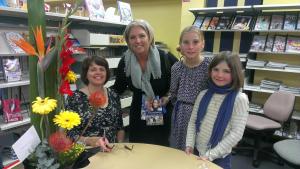
Welcome, Renee! Please tell us a bit about yourself.
The military wife – the heroine in her own love story.
I’m a military wife. I quit my job, packed up our family and moved across the country for my husband’s job. Then I did it all over again four years later. And I’ll do it again, and again, and again. Because I love him.
I took care of the house and our kids while he was away for training for five months, and while he was away for more training, and away for short exercises, and away for long exercises. And I’ll do it again for the next training, and the next exercise and the next deployment. I cope because I have to.
I struggle to find work because employers know military wives won’t stay forever. I have to step out of my comfort zone to make new friends every time I move, then make more new friends when they move. I learnt a new language full of acronyms and military slang so I could understand what my husband was talking about when he came home from work. I changed hobbies according to what was available where we lived. I adapted. I grew.
I am strong but that’s not why I’m the heroine. I’m not any better than any of the other characters in this story world. I’m the heroine because this is my story and my happily ever after.

Wife, Mother, Woman by Renee Conoulty
The everyday life of a military wife.
This flash fiction collection takes you inside the lives of ten military affiliated women. Whether they serve the military or support those who do, they all face relatable problems. Making new friends, finding new jobs, solo parenting. Being wives, being mothers, being women.
Available now from Amazon
Renee Conoulty is an Australian Air Force wife and mother of two. She writes stories of dance, romance and military life including Don’t Mean a Thing, Catching Onix, Wife, Mother, Woman, and Best Friends for Now.
When she’s not devouring books, reviewing and blogging on HeySaidRenee, or writing her own stories, Renee can be found swing dancing. Or possibly napping. She tweets about reading and reviewing @HeySaidRenee and about writing, military life and dancing @ReneeConoulty, but hasn’t created a handle for nap talk yet.
Sign up for Renee’s monthly newsletter for her highlights on blogging, reading, writing and life.
Find Renee on:
Facebook Twitter Instagram Goodreads























